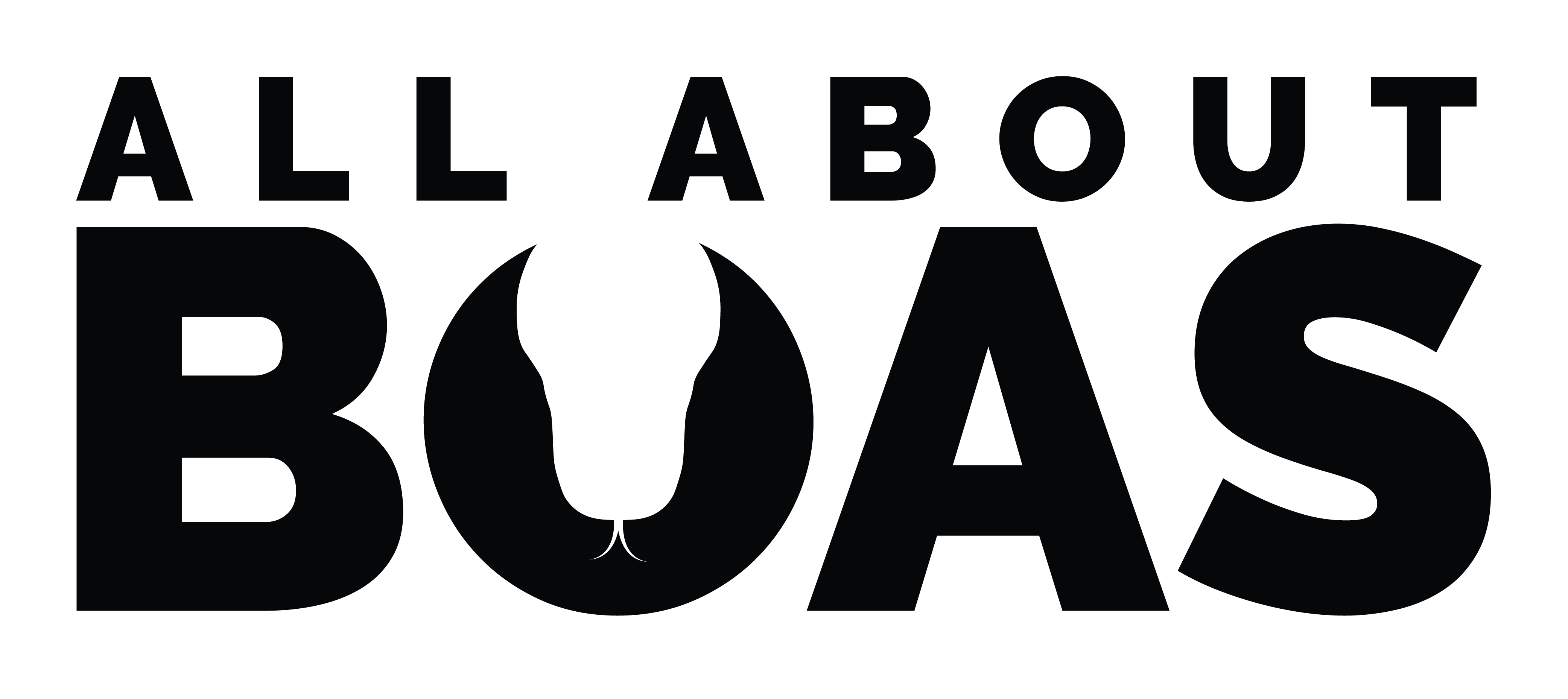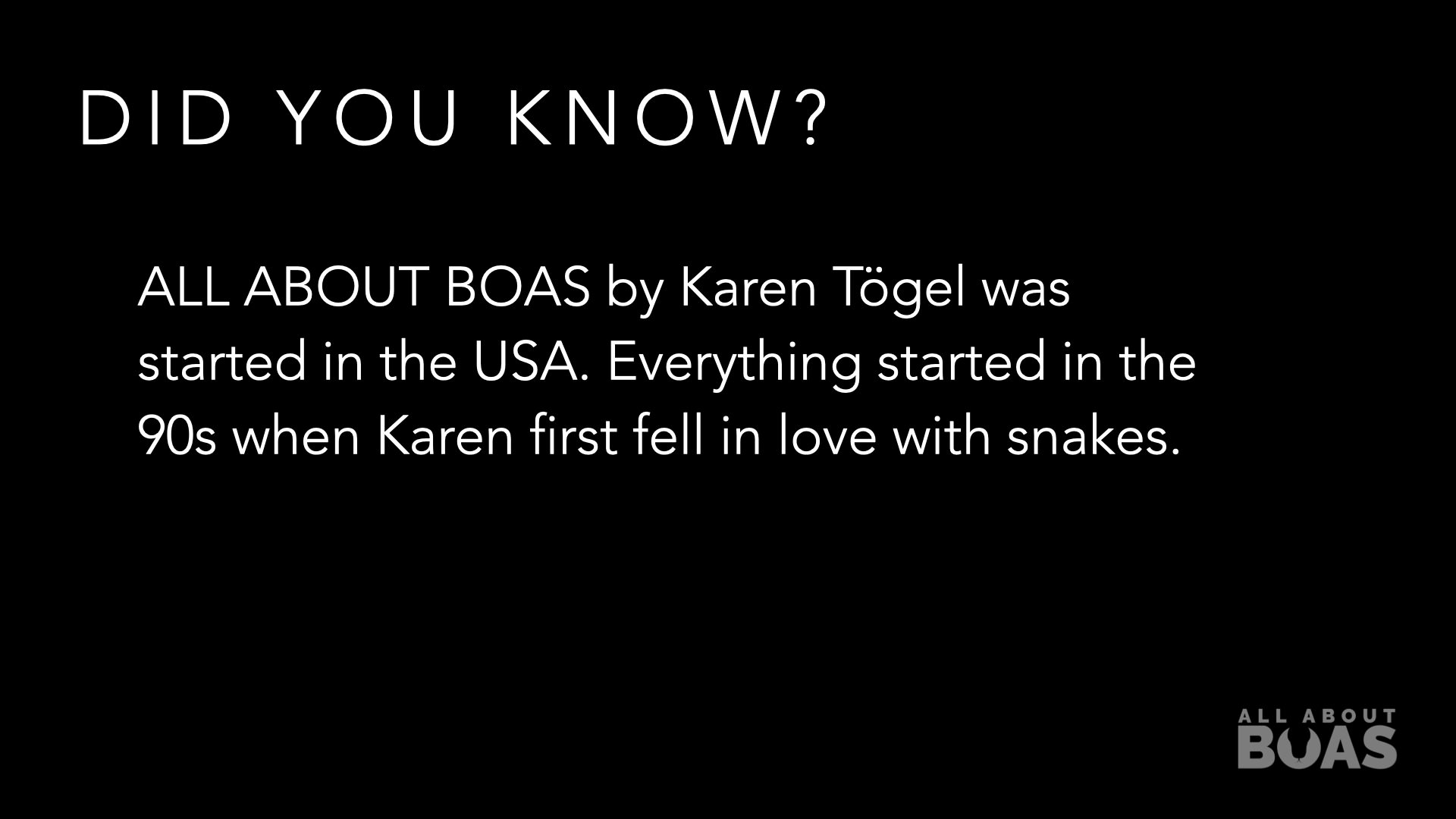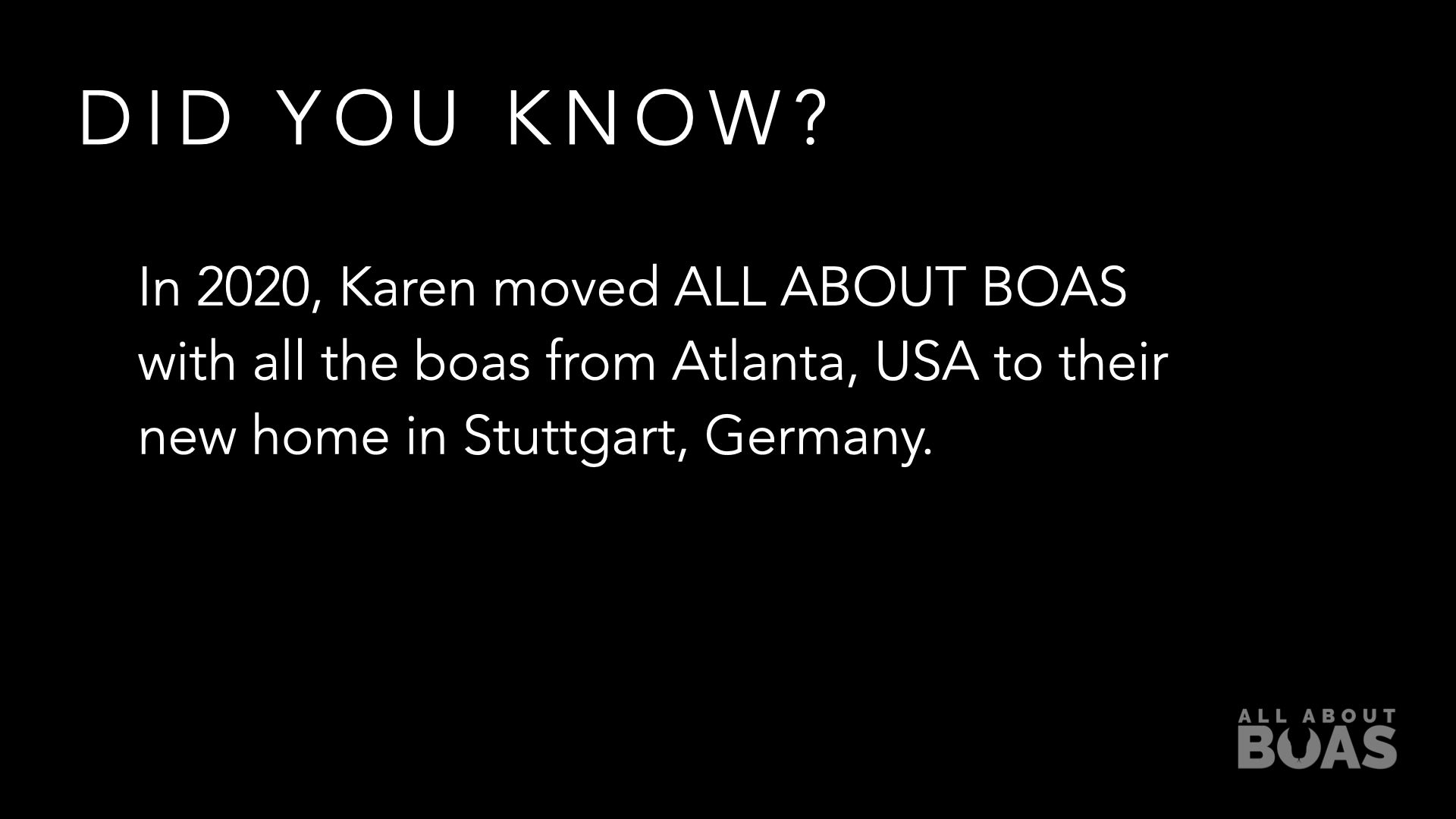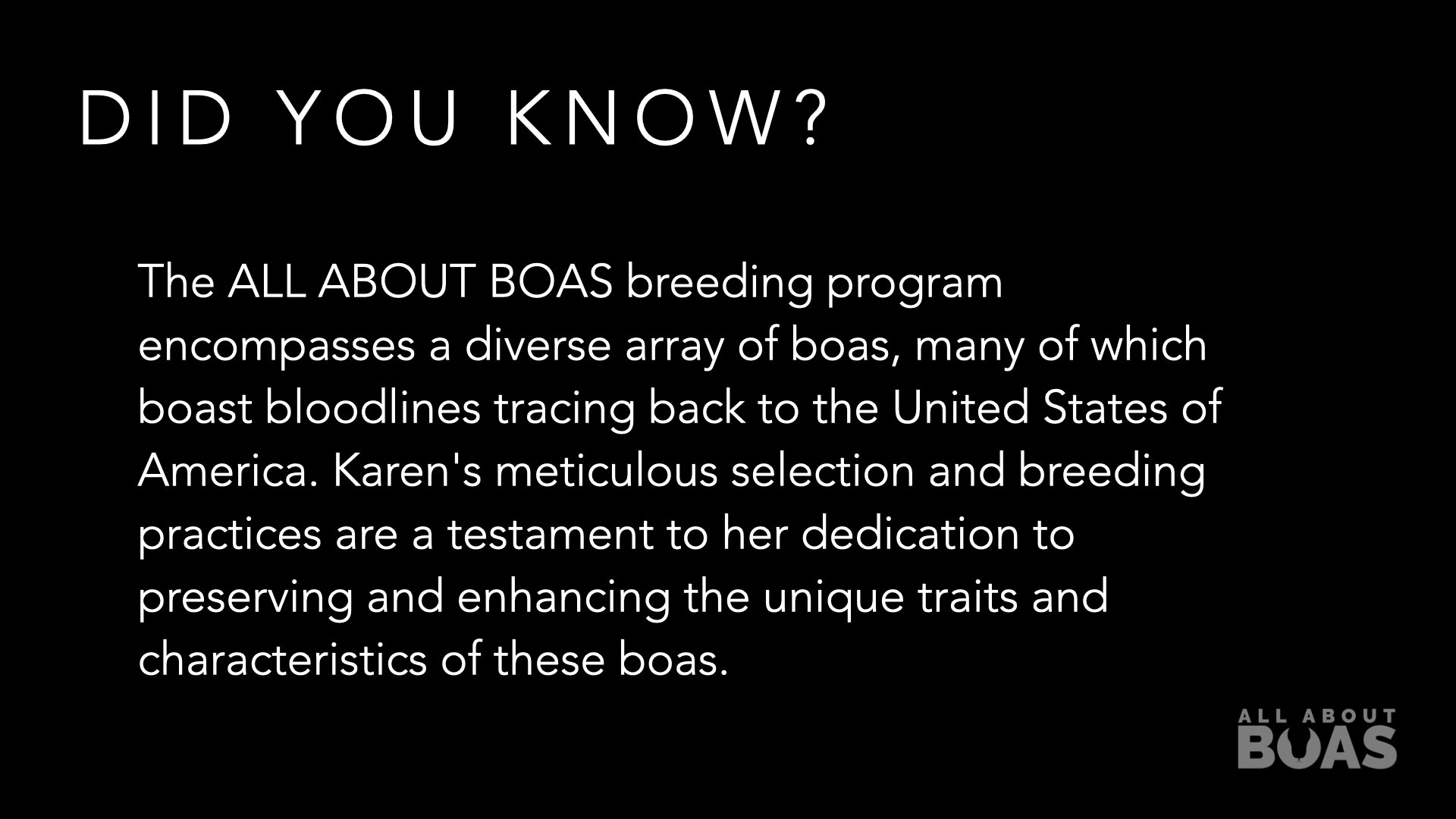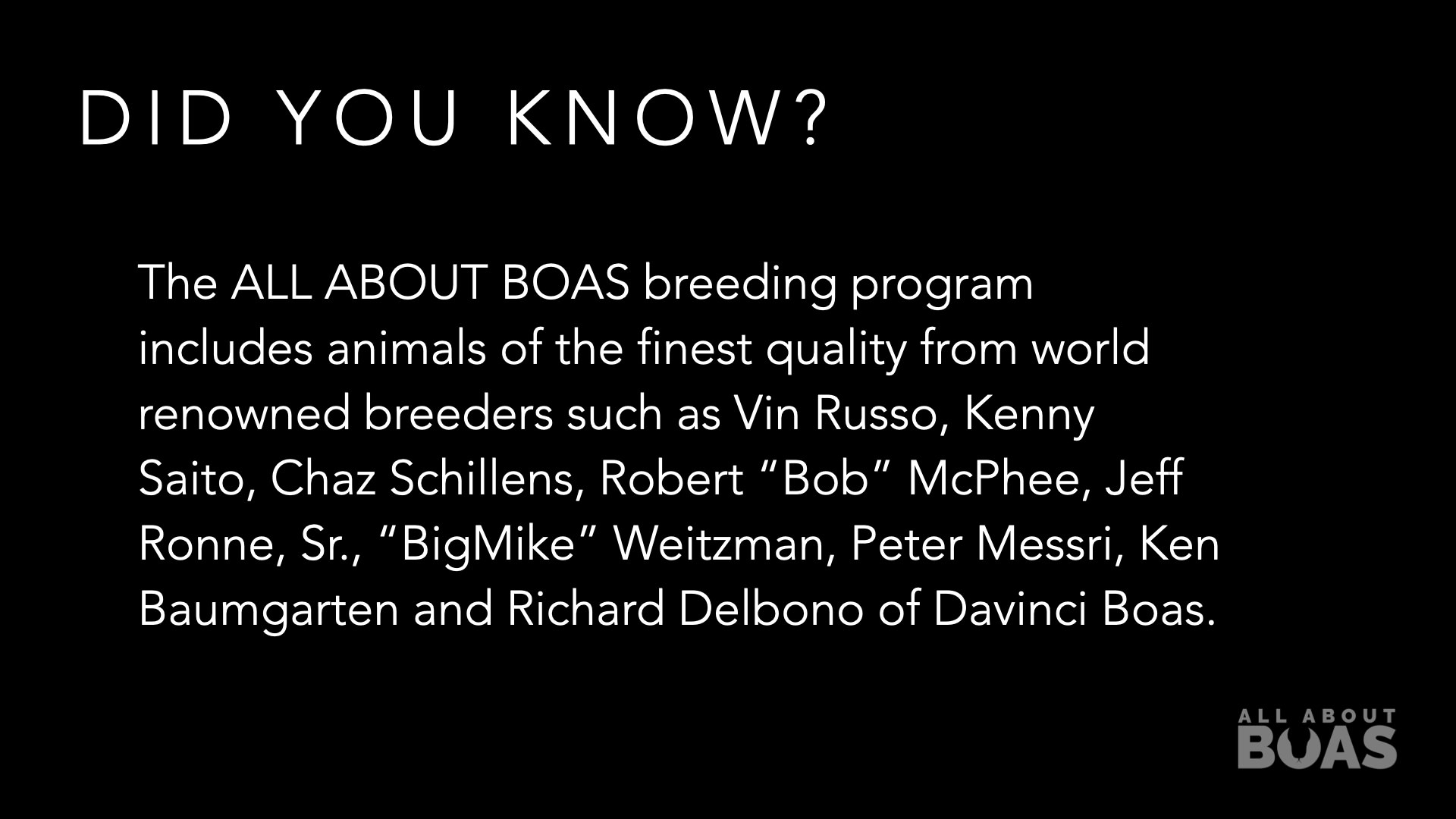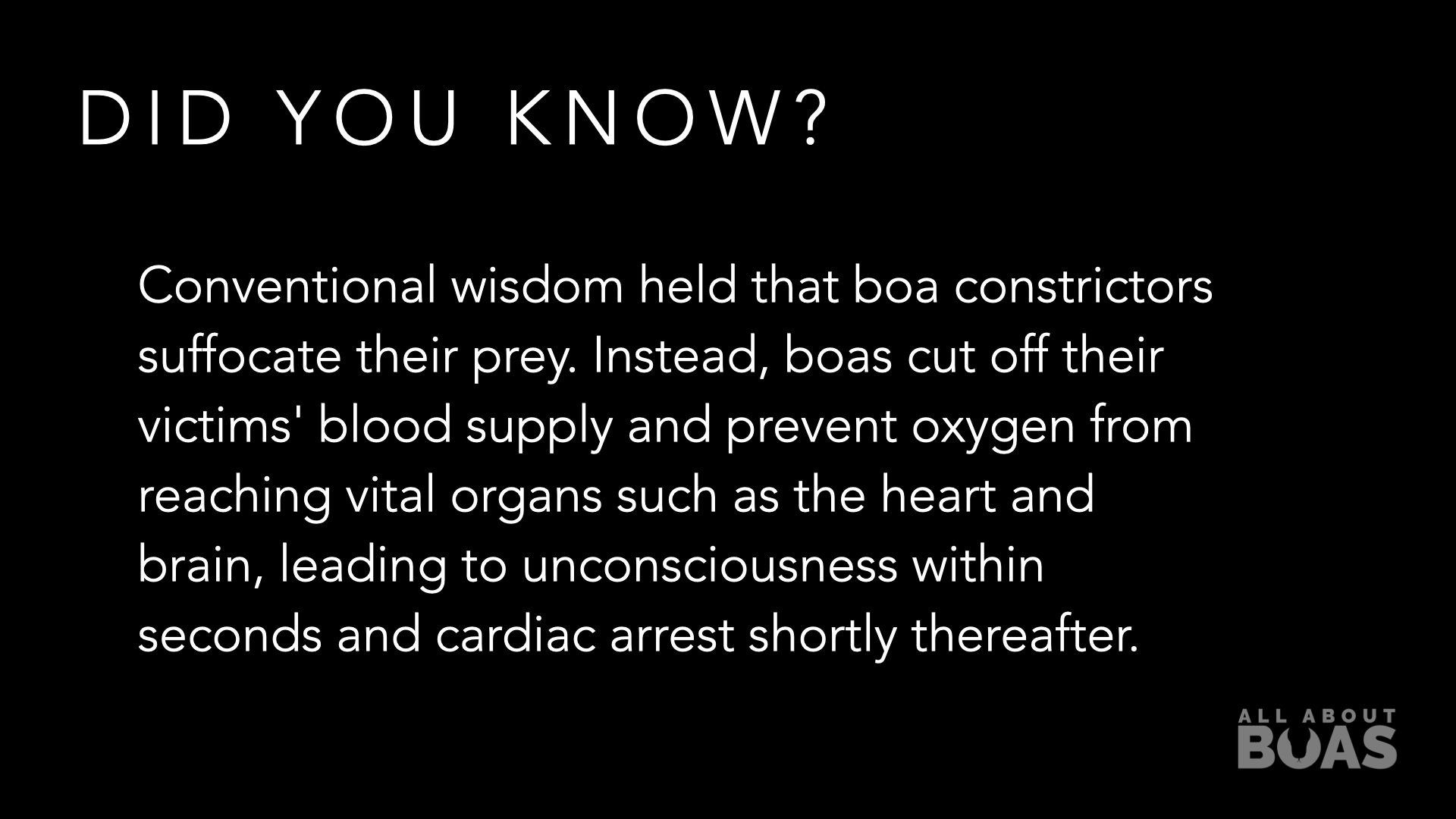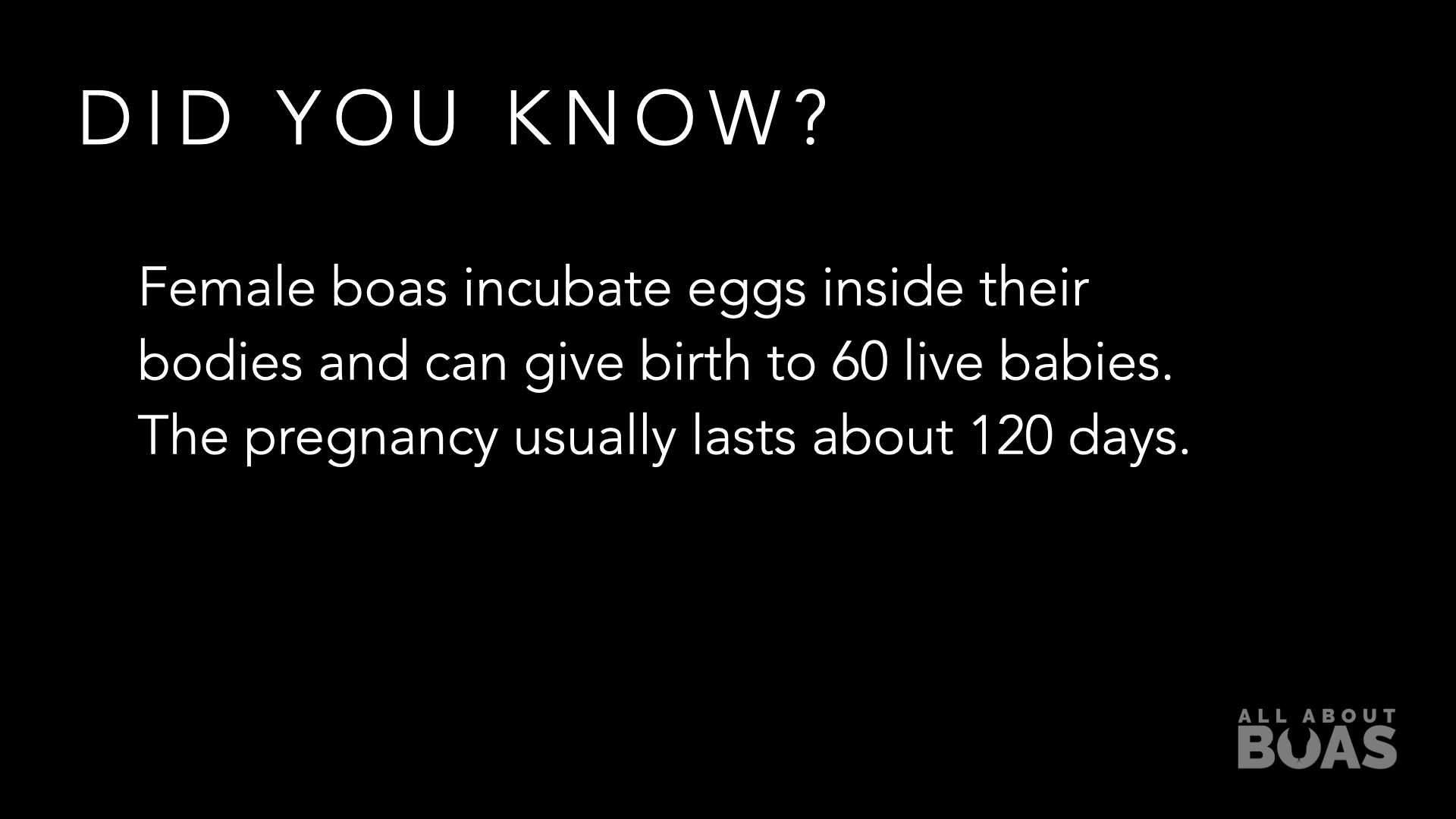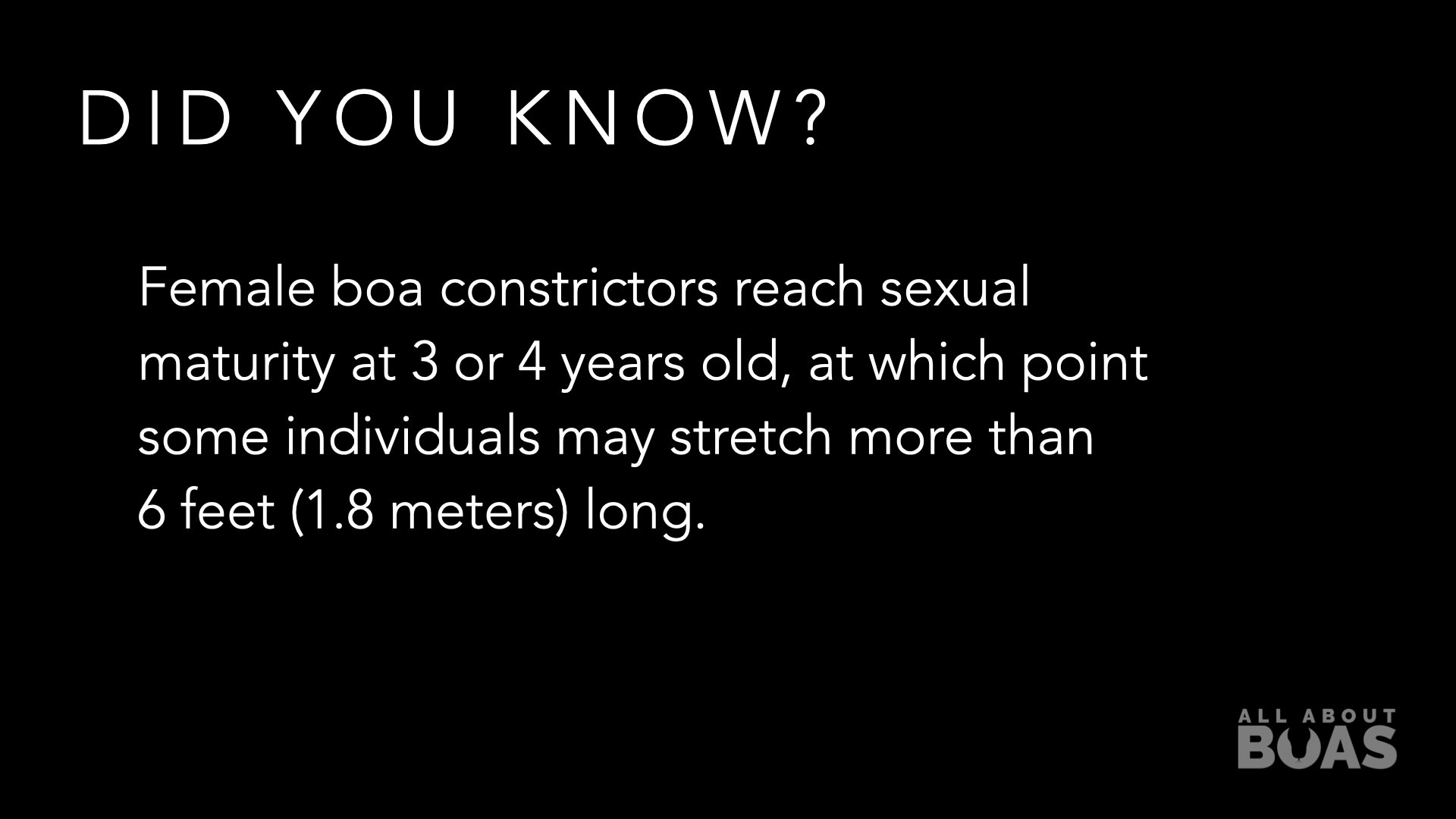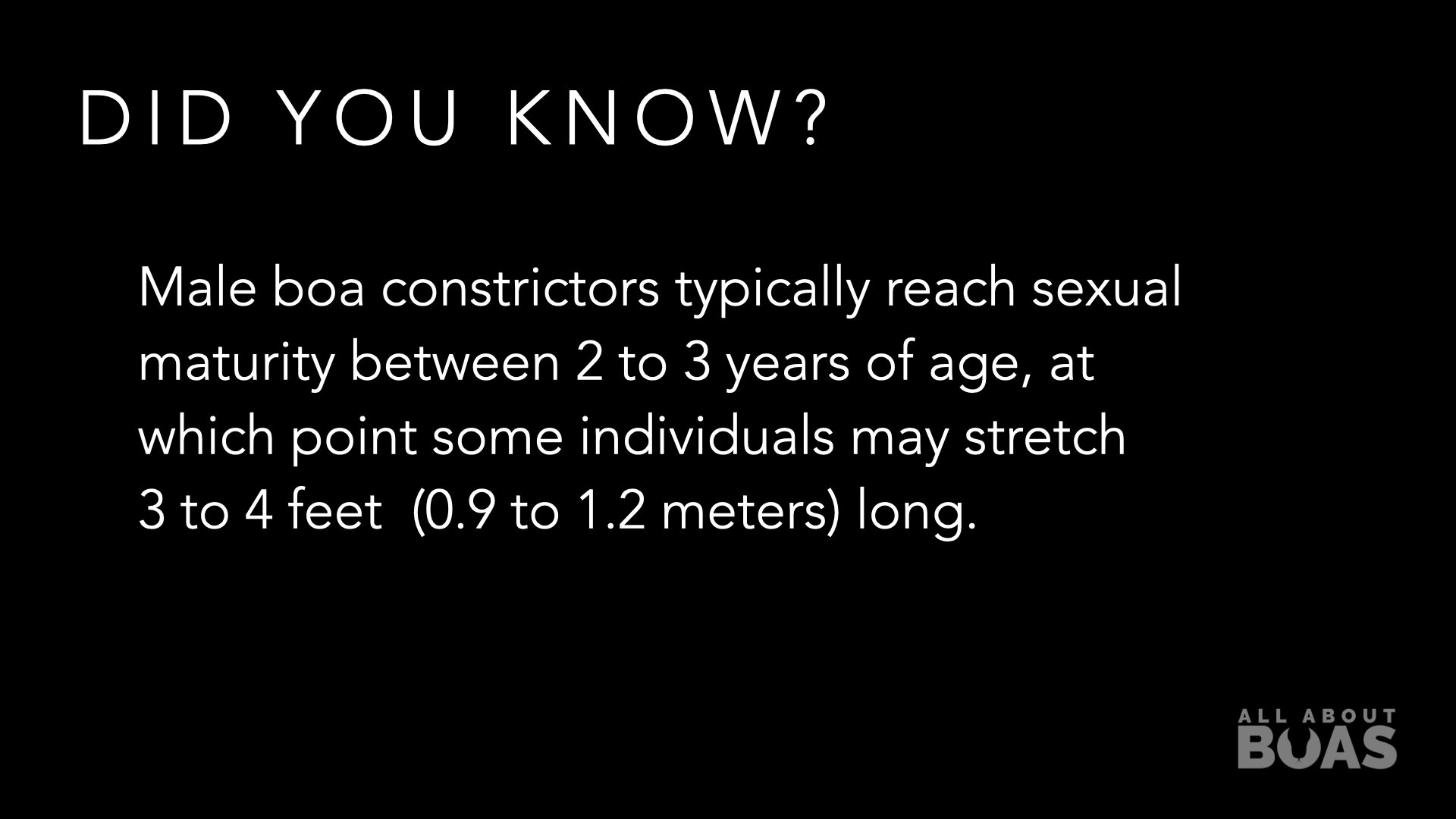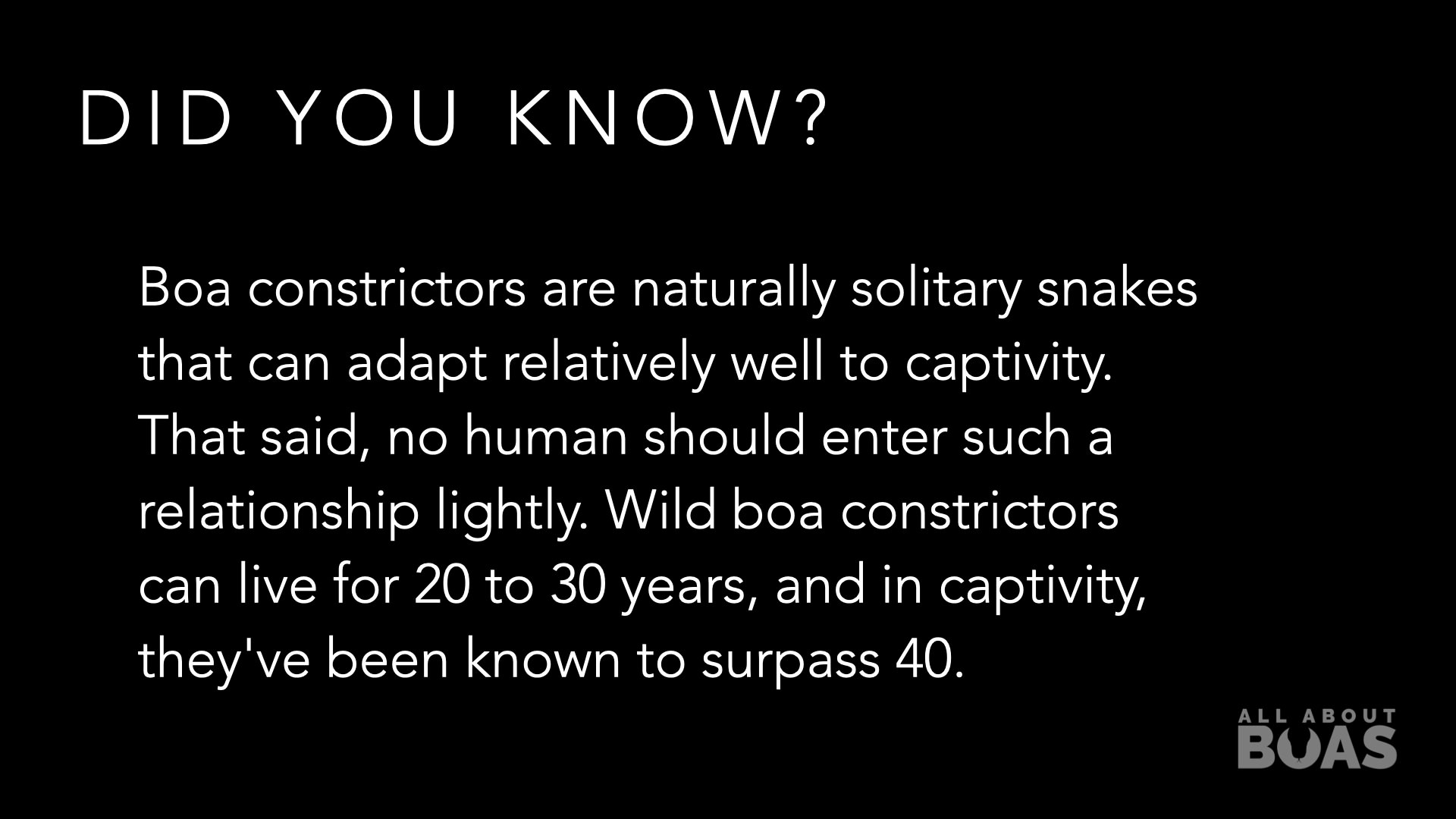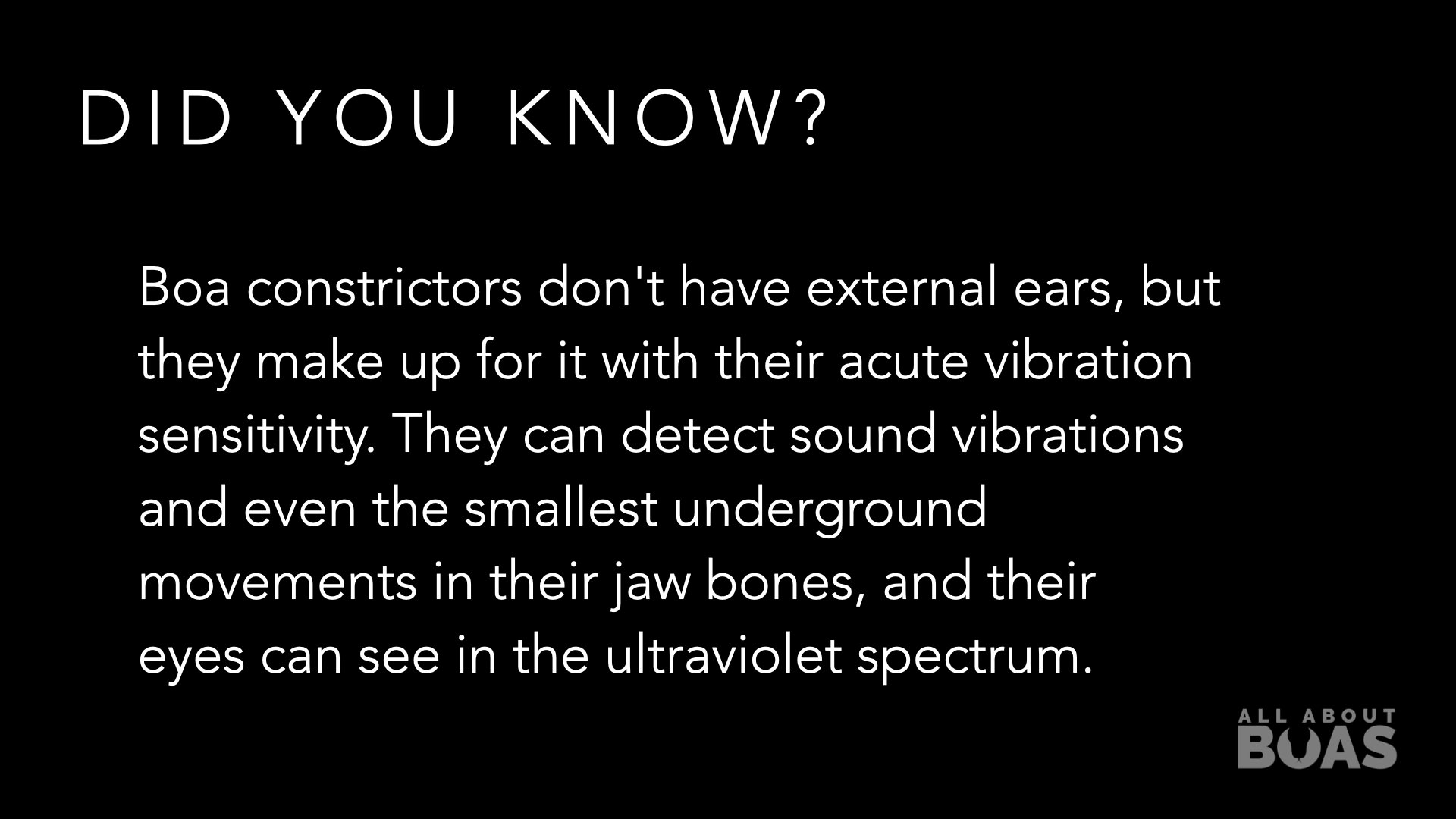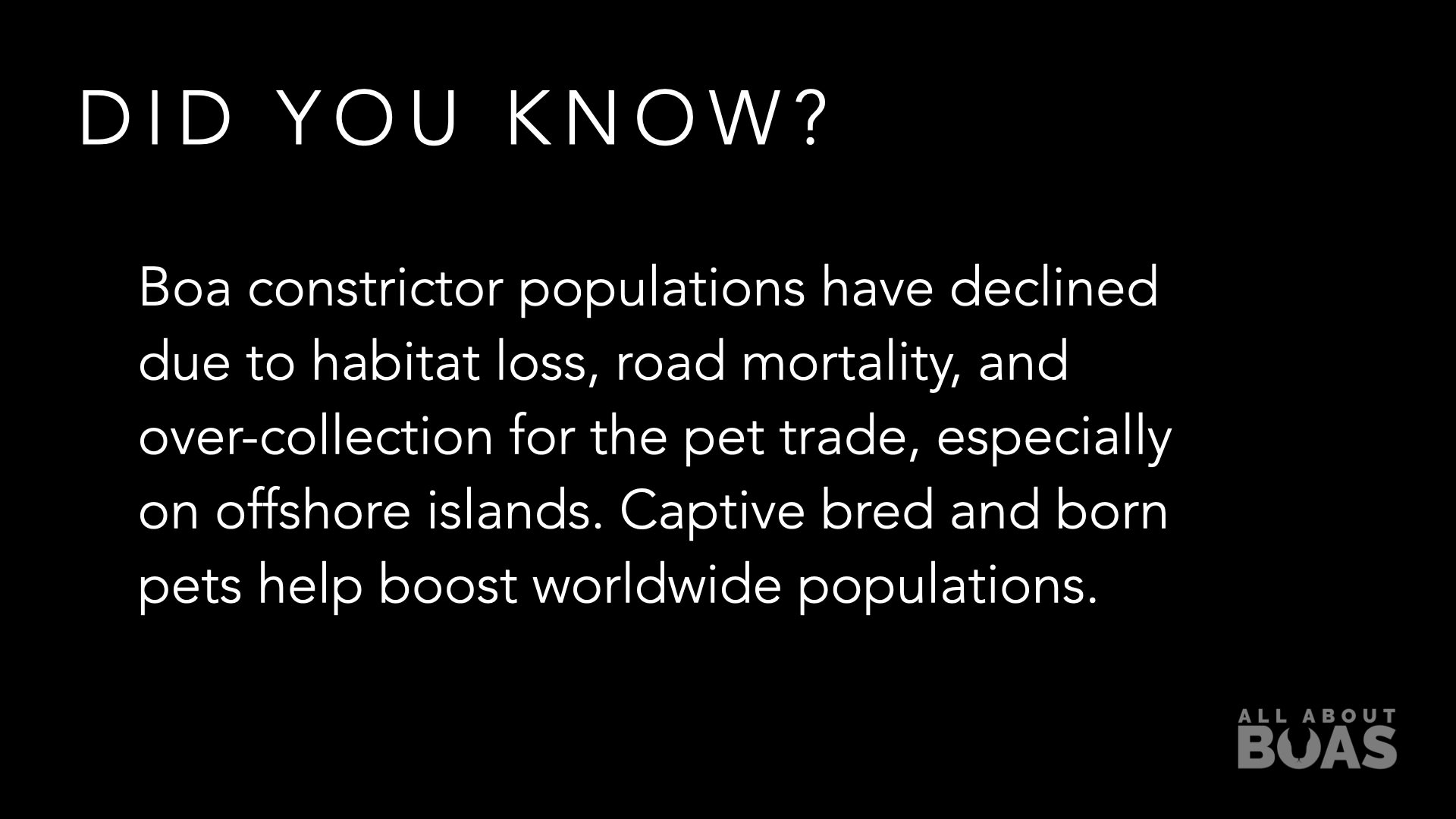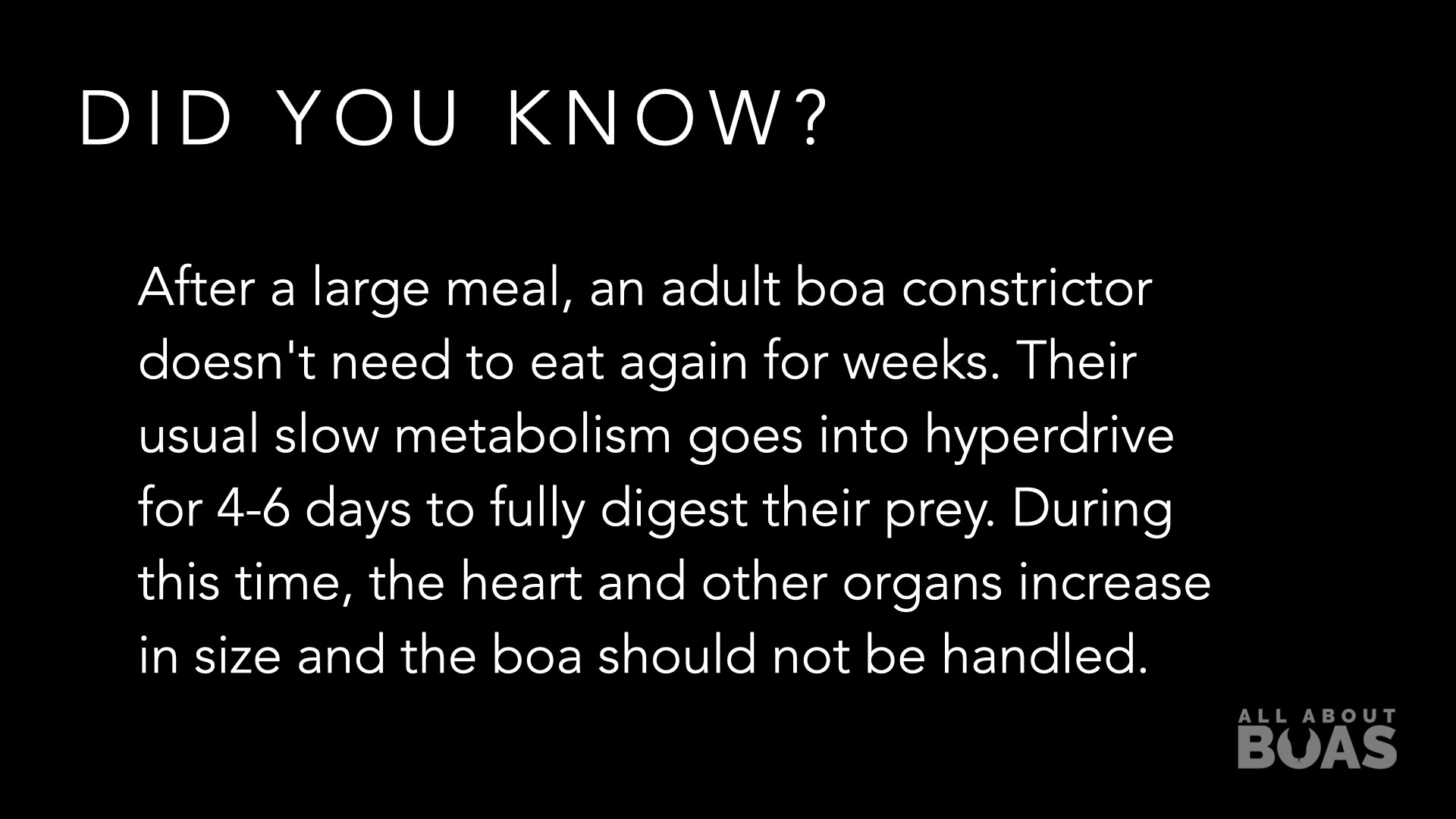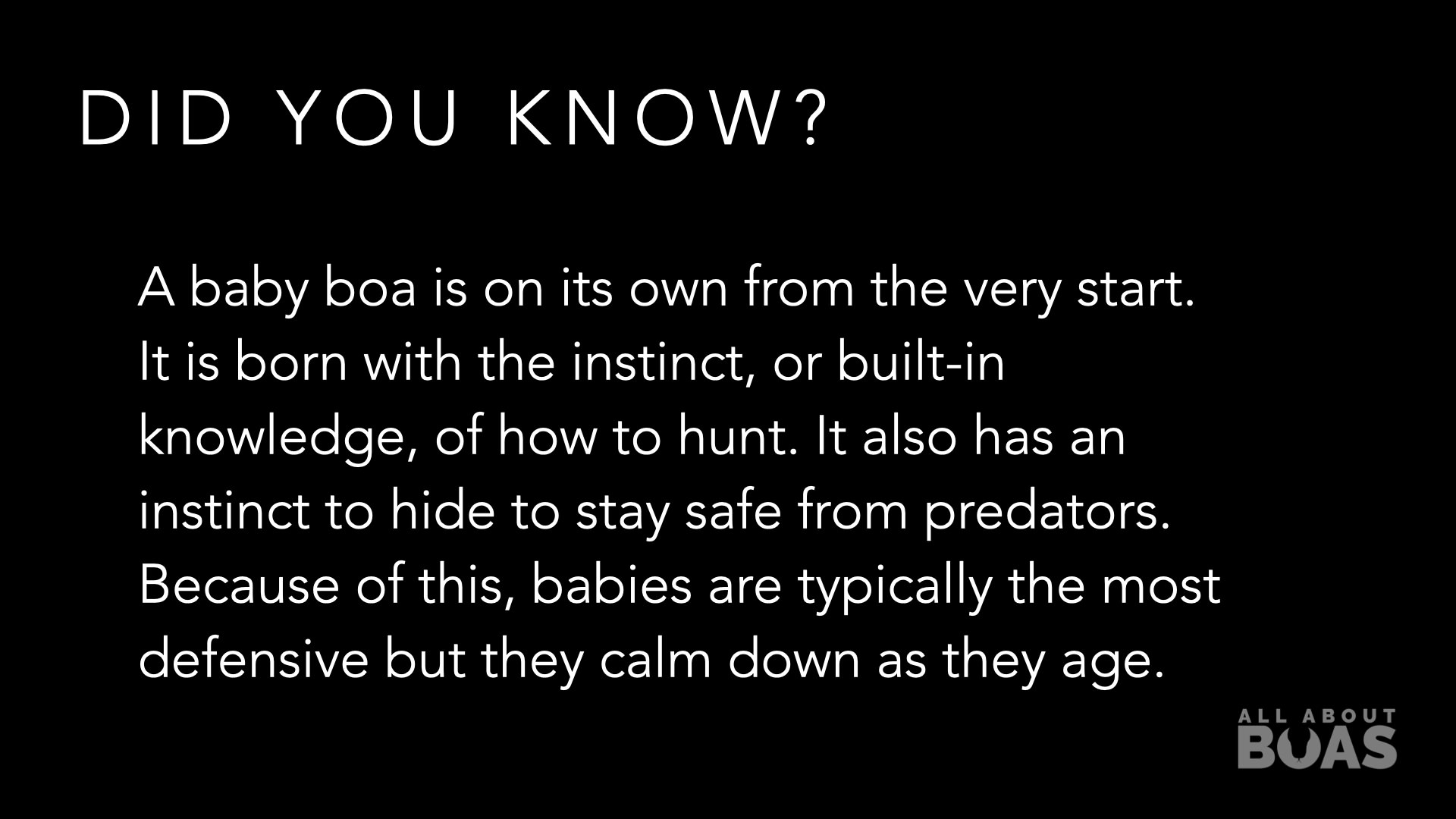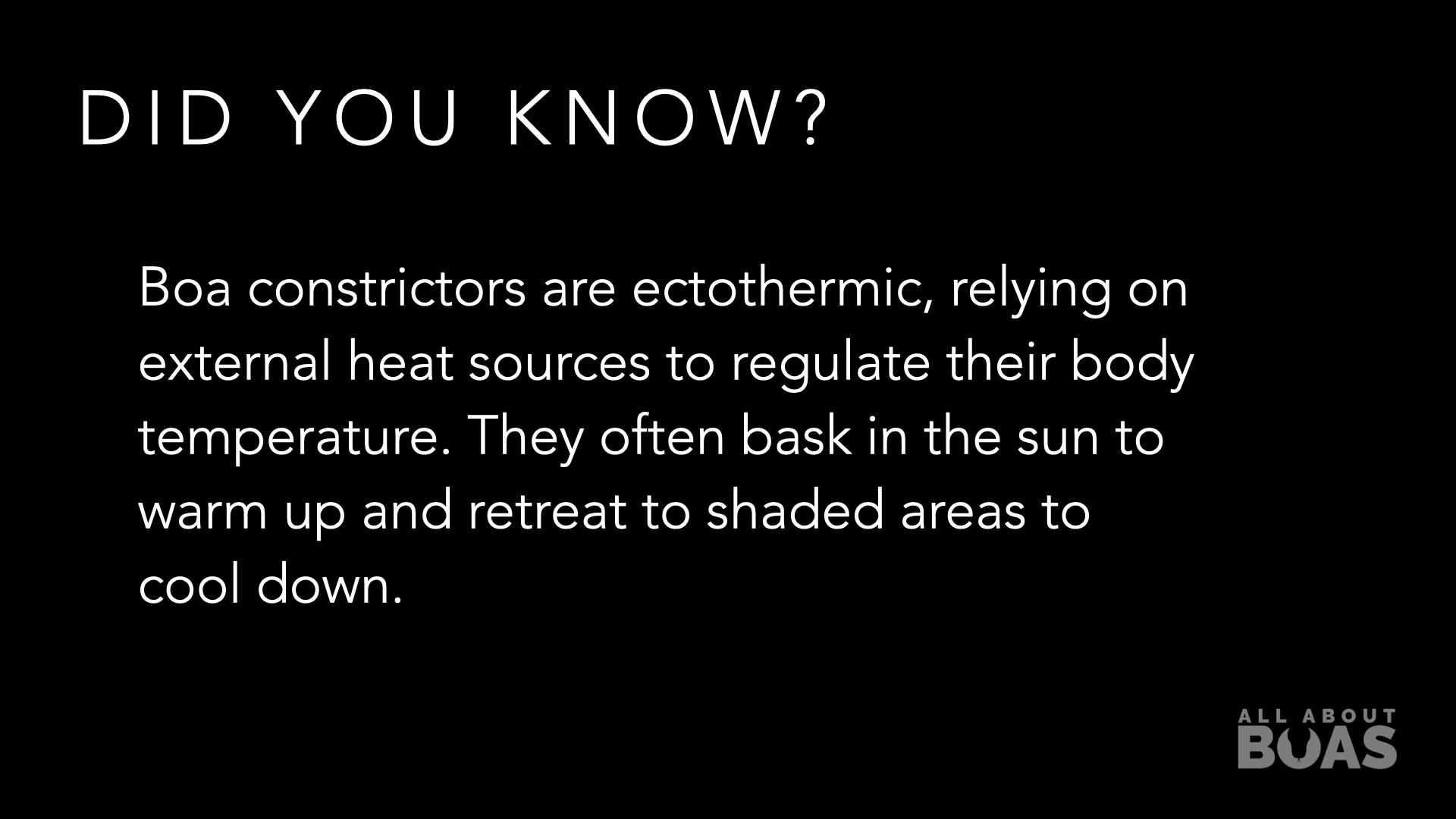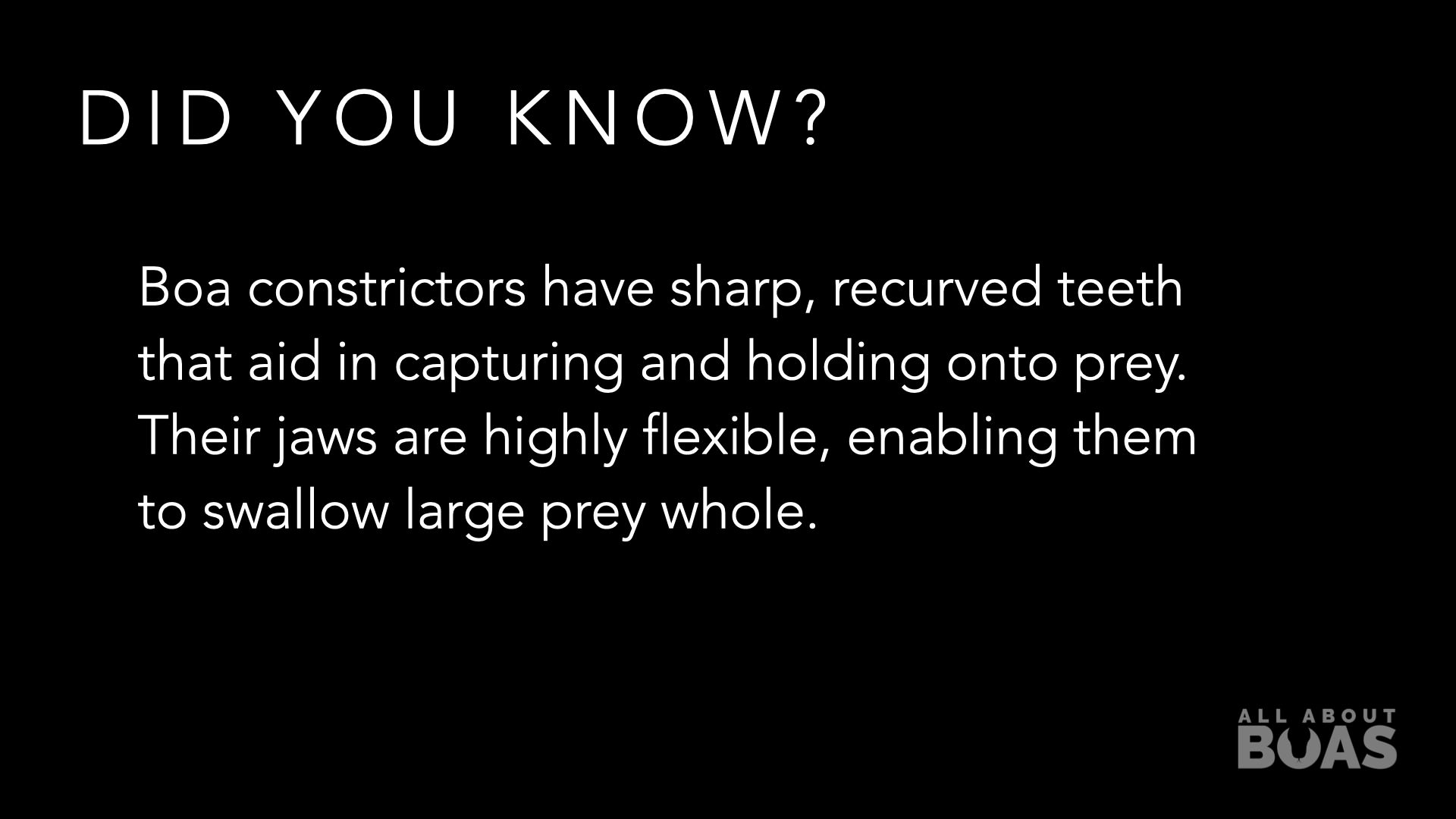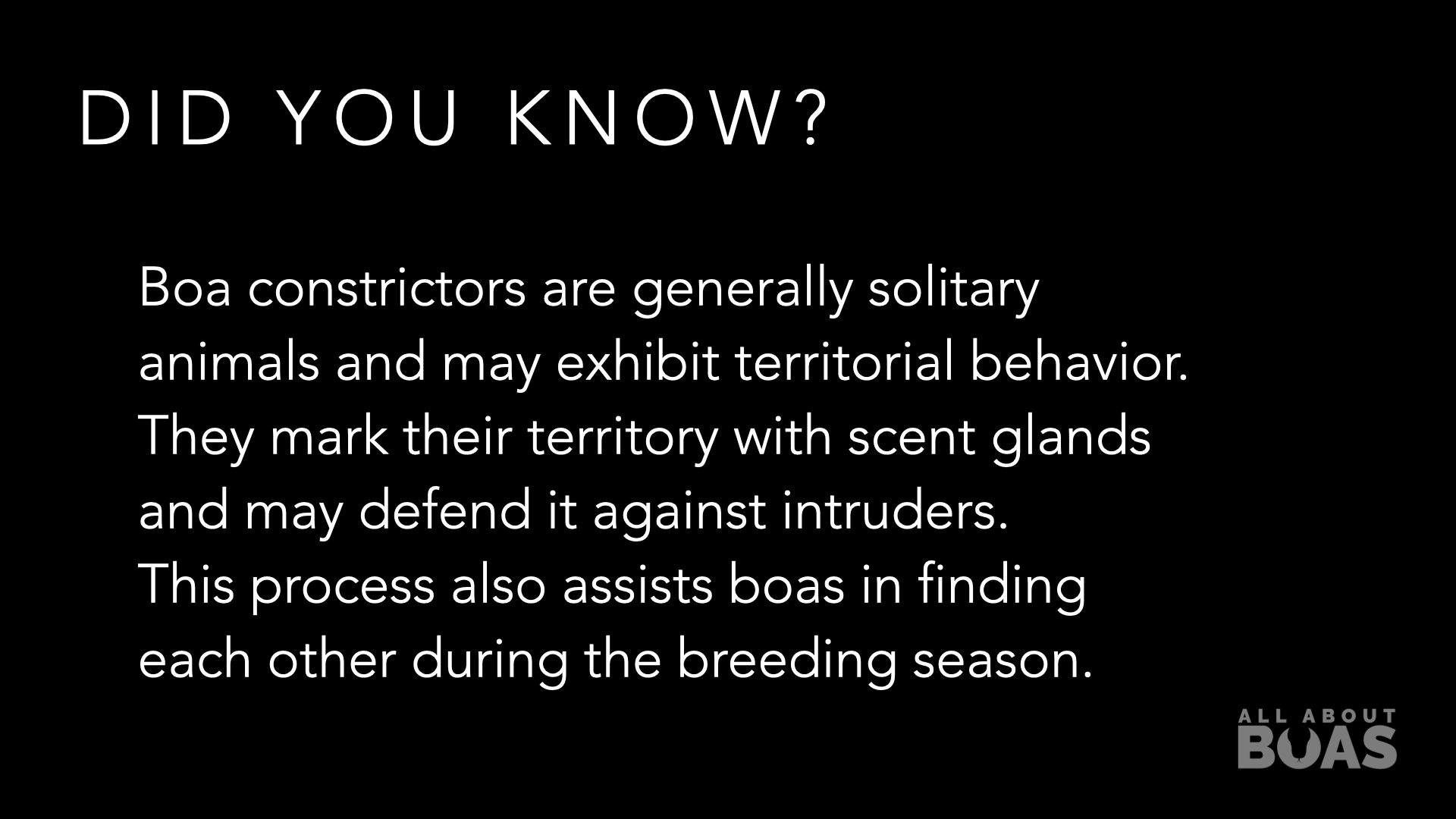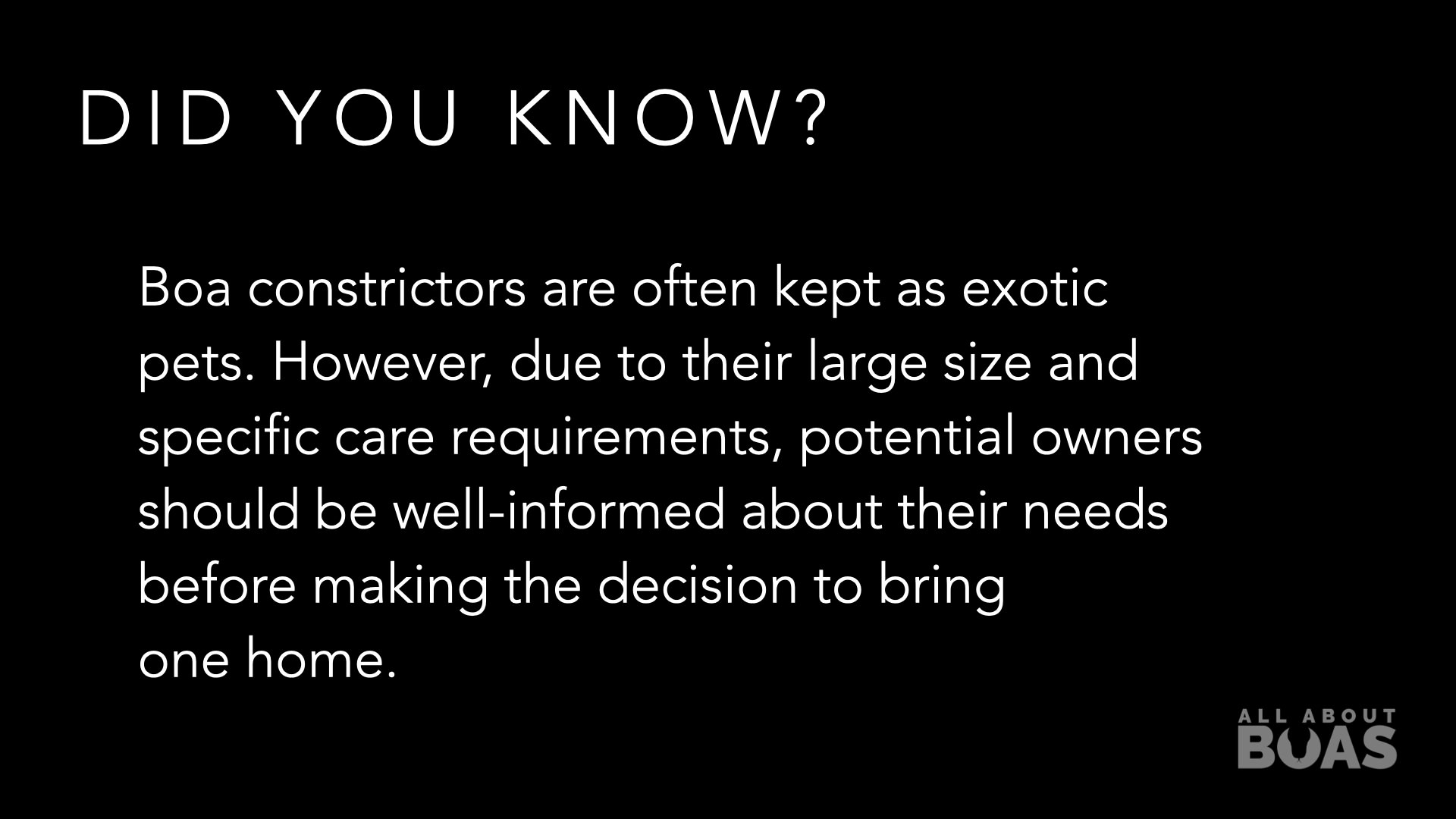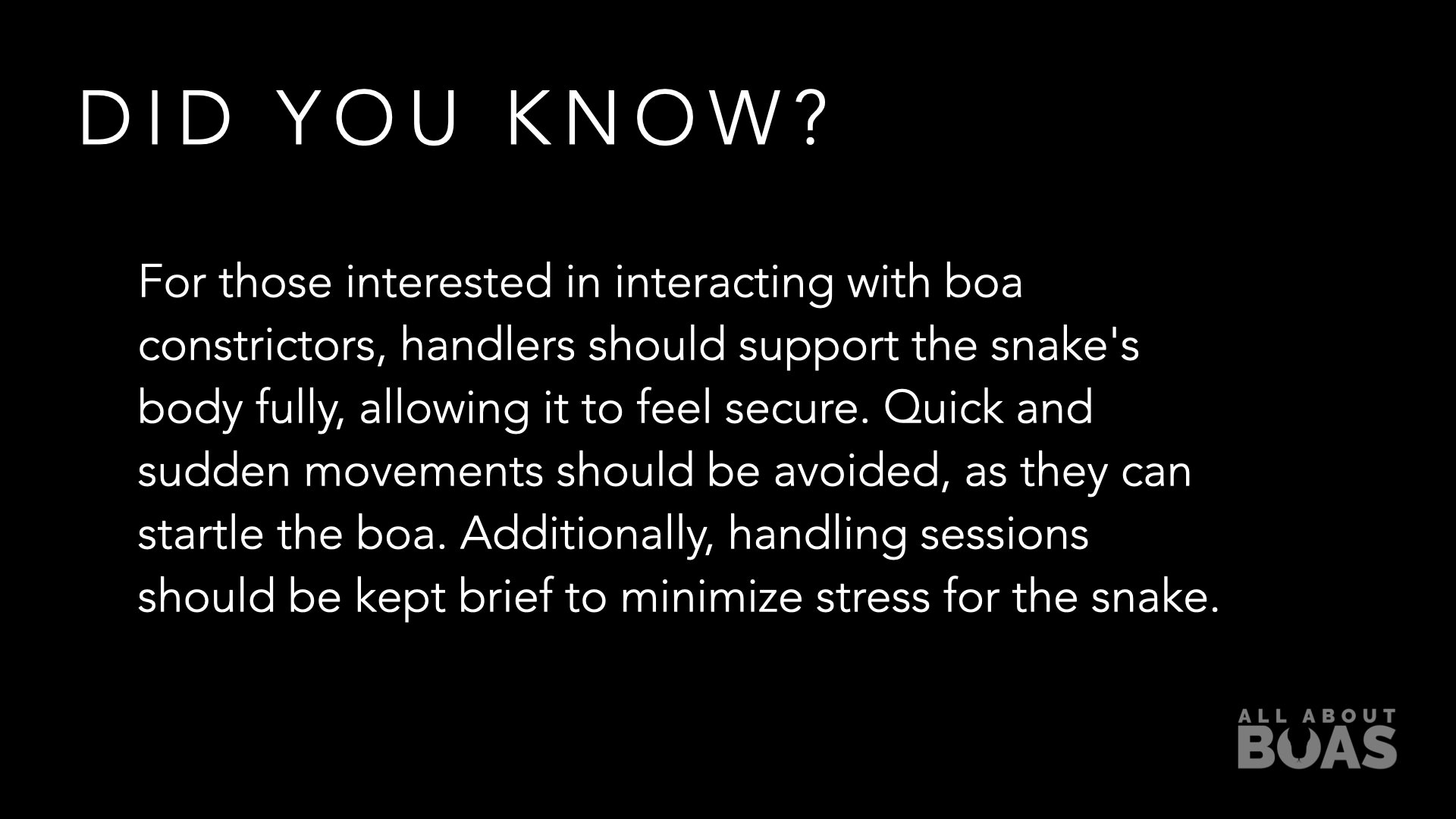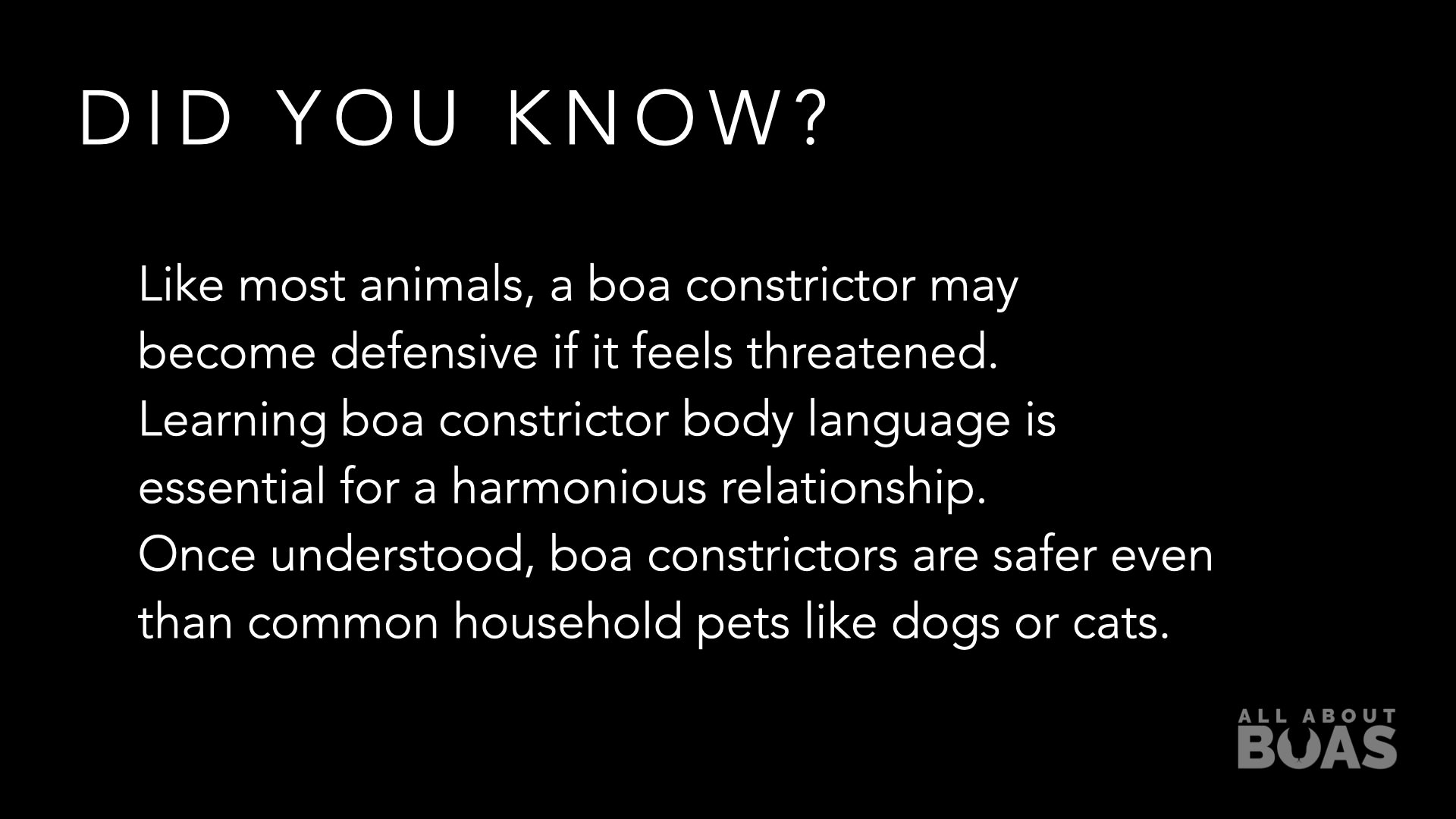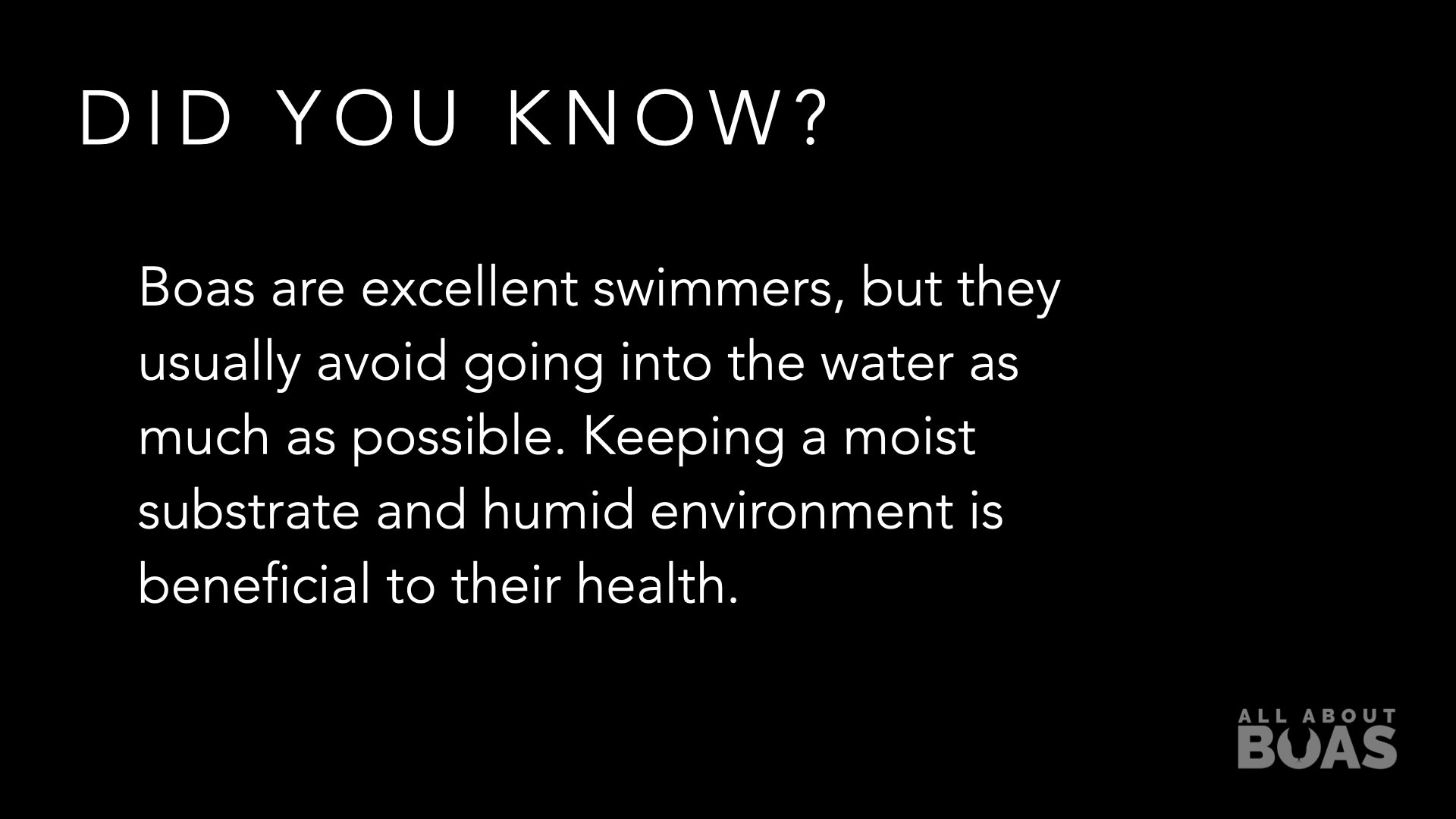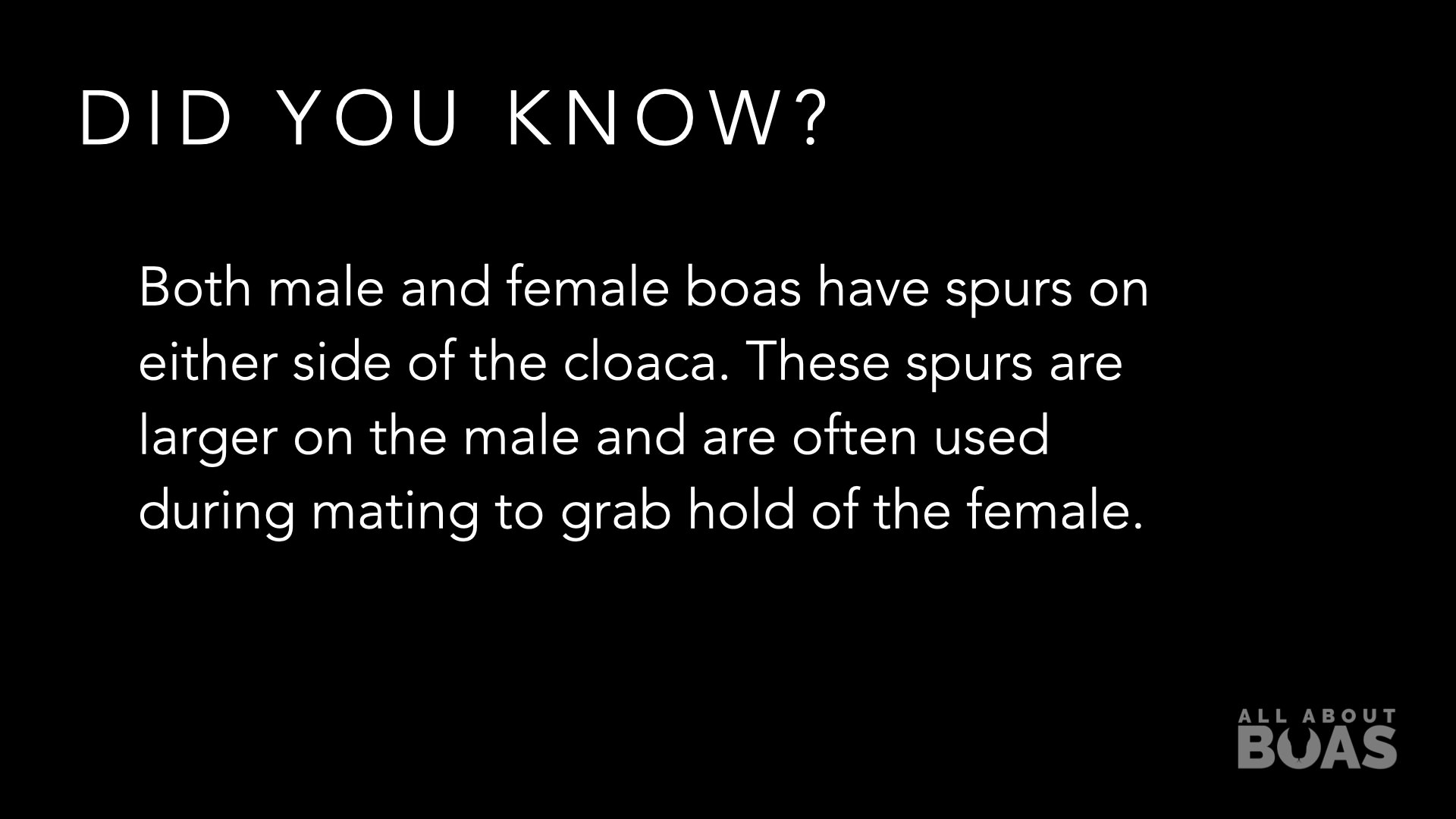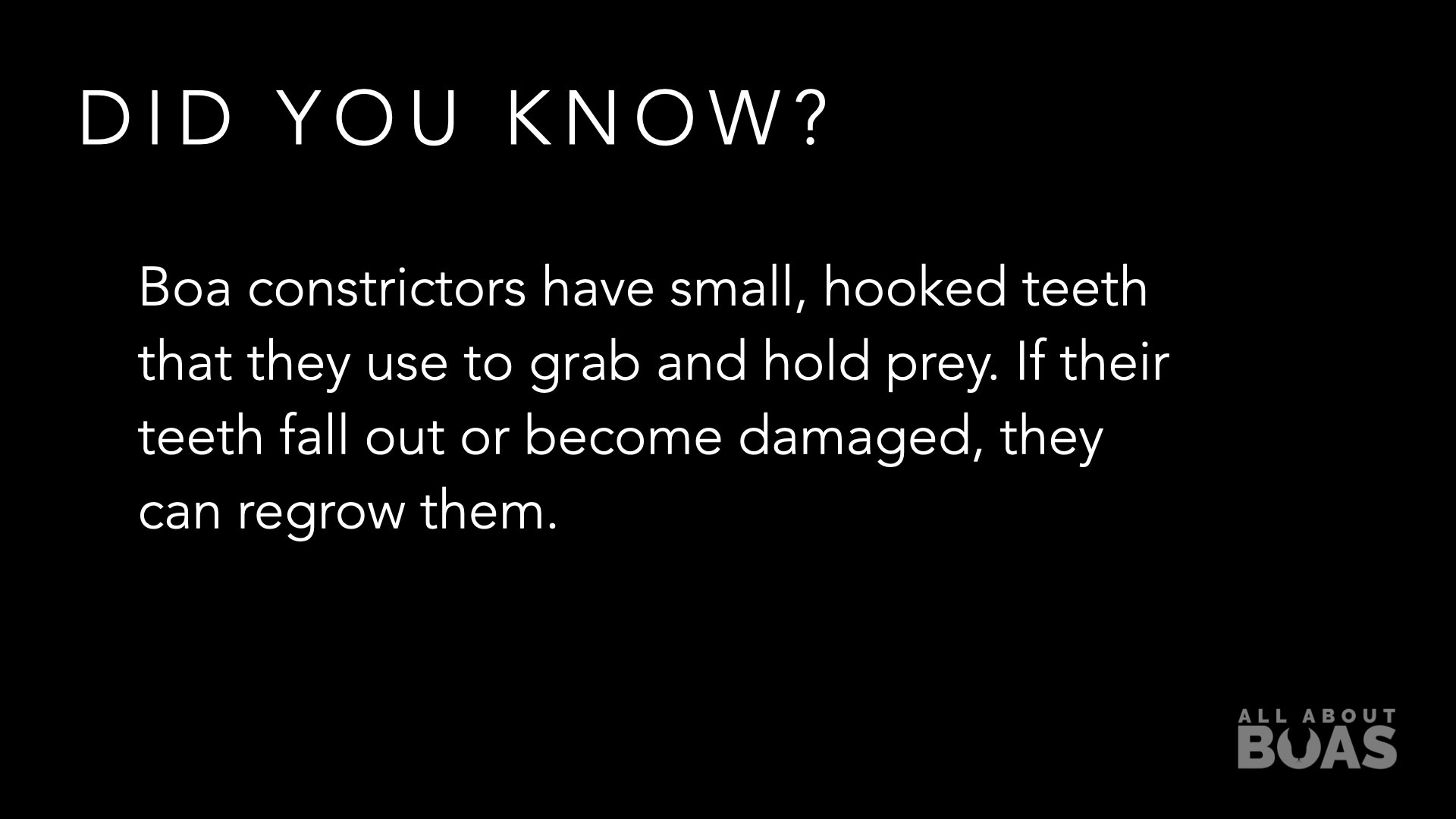Boa constrictors, with their captivating appearance and unique behaviors, are popular reptile pets. However, even the most experienced snake owners may face the challenge of a boa constrictor refusing to eat. This common concern can be worrying, but understanding the possible reasons and taking appropriate steps can help ensure your pet's well-being. In this article, we will explore the common causes of refusal to eat and offer practical solutions for concerned snake enthusiasts.
Possible Reasons for Refusal to Eat
-
Stress: Boa constrictors are sensitive creatures. Changes in their environment, such as relocation or handling, can induce stress, leading to a temporary loss of appetite.
-
Incorrect Habitat Conditions: Inadequate temperature, lighting, or humidity levels in the enclosure can disrupt a boa constrictor's feeding habits. Snakes need a warm and secure environment to feel comfortable enough to eat.
-
Shedding: Boa constrictors often refuse to eat before and during shedding, a natural process where they shed their old skin. During this time, their vision is impaired, making them less likely to hunt for food.
-
Health Issues: Digestive problems, respiratory issues, or other underlying health concerns might lead to a loss of appetite. It's crucial to monitor your snake's overall health and behavior.
Steps to Encourage Feeding
-
Evaluate the Enclosure: Ensure the habitat's temperature, humidity, and lighting are within the optimal range for boa constrictors. Providing a secure hiding spot can also help reduce stress.
-
Wait Patiently: If your snake is healthy and all habitat conditions are met, consider giving it some time. Skipping a few meals is not uncommon for healthy snakes and might be a part of their natural behavior.
-
Offer Properly-Sized Prey: Ensure the prey you offer is appropriately sized. Offering prey that is too large can intimidate the snake, while prey that is too small might not be stimulating enough.
-
Scenting the Prey: If your snake is refusing frozen/thawed prey, you can try scenting it with a preferred food item. Rubbing the prey with a scent from a freshly killed mouse or rat might entice your snake to eat.
-
Avoid Force Feeding: Force-feeding should only be considered as a last resort under the supervision of a veterinarian. It is a stressful experience for the snake and should not be attempted without professional guidance.
-
Consult a Vet: If your boa constrictor continues to refuse food for an extended period (several weeks), consult a reptile veterinarian. They can conduct a thorough examination to rule out any underlying health issues and provide appropriate guidance.
Understanding your boa constrictor's behavior and addressing its refusal to eat with patience and care is crucial. By ensuring the right habitat conditions, offering appropriately sized prey, and seeking professional advice when needed, you can help your snake regain its appetite and maintain its overall health. Remember, every snake is unique, so it's essential to be attentive to your pet's individual needs and preferences.


